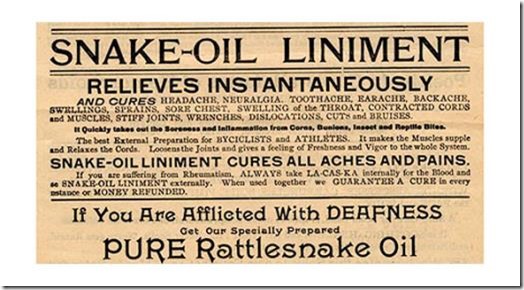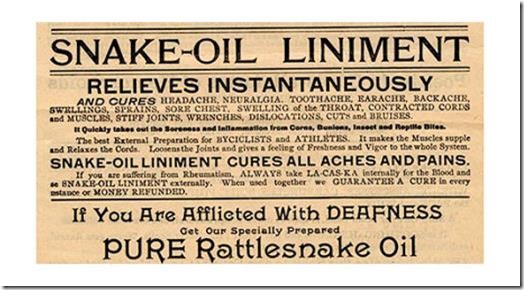With reference to the sale of Alcopal – an internet “medicine” which claims to reduce the apparent amount of alcohol drunk when tested by breathalyser, and which I covered in this story, and updated in this one – I got to thinking about the mechanisms involved.
There is a lot of confusion about what it does, how it does it, and whether or not it works. Even its current salesman can’t make his mind up whether it actually stops alcohol entering the bloodstream or if it just stops the breathalyser from measuring alcohol on the breath accurately.
There is also confusion about what it contains. The words “natural ingredients” and “carbon” have been mentioned, along with Simethicone – again, by the current salesman.
I did a bit of searching to see if there was any evidence that orally ingested materials could actually adsorb alcohol from the gut before it could get into the bloodstream. In the case of activated carbon, there was one article – a patent claim – which reckoned that carbon tablets could reduce blood alcohol by about two-thirds.
Just out of interest, that would mean five pints of beer would be measured as though the drinker had ingested less than two pints. This is remarkably similar to the claims being made by Kibble – the current salesman hawking these tablets.
The patent claim doesn’t ring true, because in the two examples it gives it says that blood alcohol levels actually decreased with time following treatment with activated carbon – the patent claim was based solidly on this. The problem is that activated carbon would have to adsorb the alcohol BEFORE it got into the blood stream, and it couldn’t have that effect AFTER it was already there except by other biological mechanisms, and carbon is virtually inert in this respect. In any case, only two subjects appear to have been tested.
More reliable papers, however, confirmed that alcohol concentrations in the blood are virtually unaffected by the use of activated charcoal. And this was a proper medical study:
…demonstrated in dogs that charcoal given at the same time as alcohol can reduce the blood alcohol concentration significantly. To study whether charcoal is of value in a clinical situation, a randomized cross-over study in two phases was conducted. Each person drank 88 g of alcohol and 30 min after either 20 g of activated charcoal was taken or the same volume of water was drunk. There were no significant differences in plasma alcohol concentrations with or without charcoal.
That’s fairly conclusive, and other papers report similar findings:
We compared the pharmacokinetic profile of ethanol with and without activated charcoal treatment. The fraction of ethanol absorbed was similar on both protocols. The mean peak ethanol concentration after pretreatment with activated charcoal was 8% greater than ethanol alone (p = 0.08). Thus oral activated charcoal does not significantly impair ethanol absorption and can be used in patients requiring oral ethanol.
And others make it clear that activated charcoal does not bind well with alcohols. And on top of that, side-effects from regular use include:
…constipation and black stools. More serious, but rare, side effects are a slowing or blockage of the intestinal tract, regurgitation into the lungs, and dehydration.
It is also not advised for use during pregnancy or for those with intestinal issues already. Unfortunately, some silly sites state categorically that it does remove alcohol from the gut in spite of the factual medical trials proving otherwise.
OK. So if Alcopal contains activated carbon, the activated carbon part definitely doesn’t work – not unless you’re a dog, or an idiot who believes every website contains only facts, anyway! And it is likely to be dangerous for a significant proportion of the population if used regularly.
As for the “natural ingredients” – assuming that these do not refer to carbon – anything “natural” (as in “plant extract” or “herbal”) is not going to do what Kibble is claiming.
As for Simethicone, I suspect that it’s anti-foaming properties are intended to reduce the amount of alcohol in direct contact with the stomach lining. I don’t think it has any power to adsorb/absorb alcohol. And it has a maximum daily dose of 500mg.
Does Alcopal work?
No.
Are you sure?
Yes.
 lay “keepy-up” for hours on end – but he seldom has any cause to do it when he is playing a match. However, the skills required to play “keepy-up” are his bread and butter, and without them he would not be a player of a very high standard. Oh, he could thrash his way around the field, and use his muscles and brawn to pole-axe opponents, but that would simply be a mask to hide his lack of proper skill.
lay “keepy-up” for hours on end – but he seldom has any cause to do it when he is playing a match. However, the skills required to play “keepy-up” are his bread and butter, and without them he would not be a player of a very high standard. Oh, he could thrash his way around the field, and use his muscles and brawn to pole-axe opponents, but that would simply be a mask to hide his lack of proper skill.
 This
This